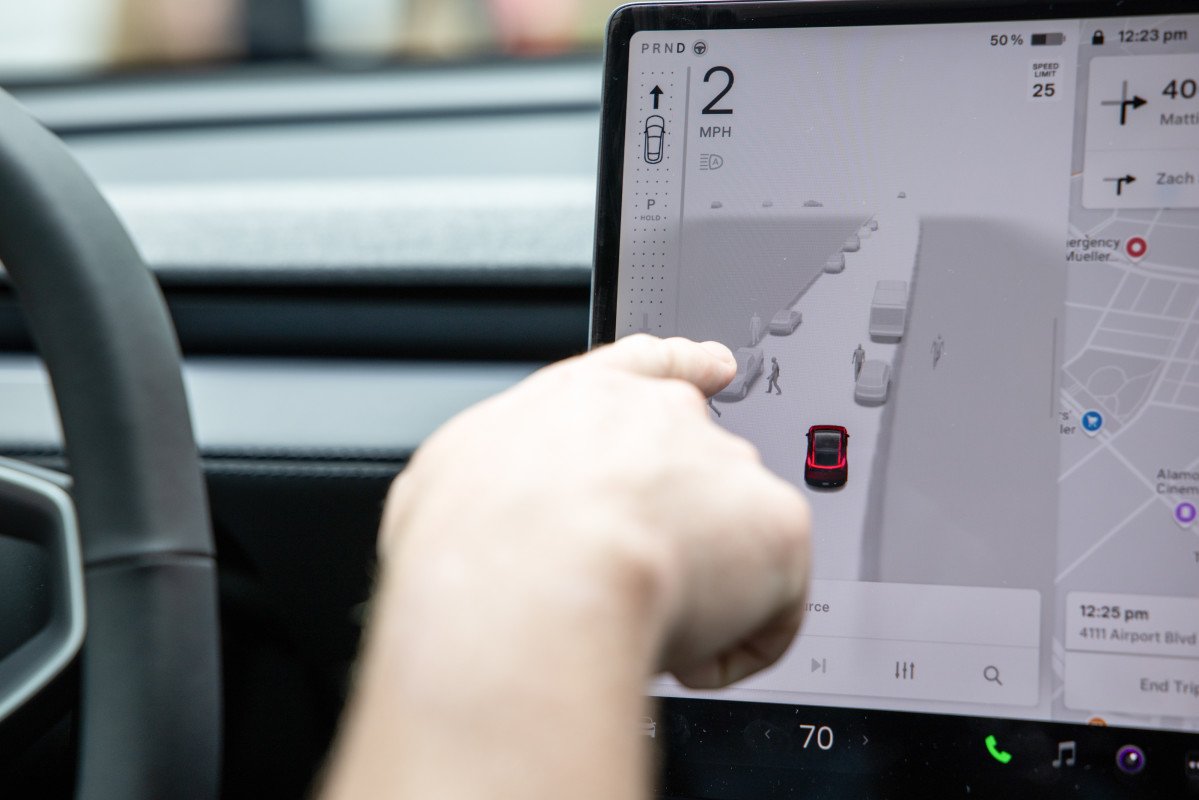Tesla’s controversial Full Self-Driving (FSD) system is once again at the center of a legal battle, this time in China. According to reports, seven Tesla owners have filed a lawsuit in Beijing, claiming the automaker oversold the capability of its hardware and misled buyers about when full autonomy would arrive.
The case, accepted by the Beijing Daxing District People’s Court, marks one of the most significant legal challenges Tesla has faced in its second-largest market.

Tesla
Why Chinese Owners Are Suing
The plaintiffs say they each paid 56,000 yuan (about $7,800) for FSD between 2019 and 2021, lured by assurances from Tesla sales staff and CEO Elon Musk that full autonomy was “right around the corner.” But later revelations showed that the HW3 onboard computer cannot support true unsupervised self-driving. In essence, these owners feel they purchased technology that Tesla never had the ability to deliver. They’re now seeking refunds plus triple damages under China’s consumer protection laws.
This isn’t an isolated issue. Tesla’s FSD system has faced scrutiny worldwide for its limitations, and recent incidents, including a Model Y accident that highlighted how the software struggles with road debris, have only amplified concerns.

David Paul Morris/Bloomberg via Getty Images
Global Pressure Mounts
The lawsuit in China mirrors legal challenges Tesla is already facing in the U.S., where a judge recently allowed a class action to proceed over claims the company misled owners about FSD. The growing trend of litigation has forced Tesla to rethink its strategy. In fact, the company has quietly begun settling Autopilot-related death lawsuits in America, signaling a shift from its previous stance of fighting every case in court.
For China, the timing is particularly sensitive. Tesla’s market share in the country has been under pressure from BYD and other domestic rivals, while its once-loyal customer base is increasingly skeptical of Musk’s unfulfilled promises. A legal defeat could weaken Tesla’s credibility in the region at a time when it can least afford it.

Tesla
Why It Matters
For years, Tesla has maintained that every car it sold since 2016 was equipped with “all the hardware necessary” for full autonomy, an assertion that critics, regulators, and now courts are pushing back on. If Chinese courts side with the plaintiffs, Tesla could be forced to compensate owners or retrofit older cars with newer hardware, an expensive move that could ripple worldwide.
The lawsuit also breaks out a larger issue, the gap between marketing and reality in autonomous driving. While Tesla has been busy revising lease deals on its lineup, including a refreshed Cybertruck AWD offer this September, the FSD controversy may prove far costlier than discounts or incentives can offset.
This story was originally reported by Autoblog on Sep 25, 2025, where it first appeared in the News section. Add Autoblog as a Preferred Source by clicking here.


Leave a Reply